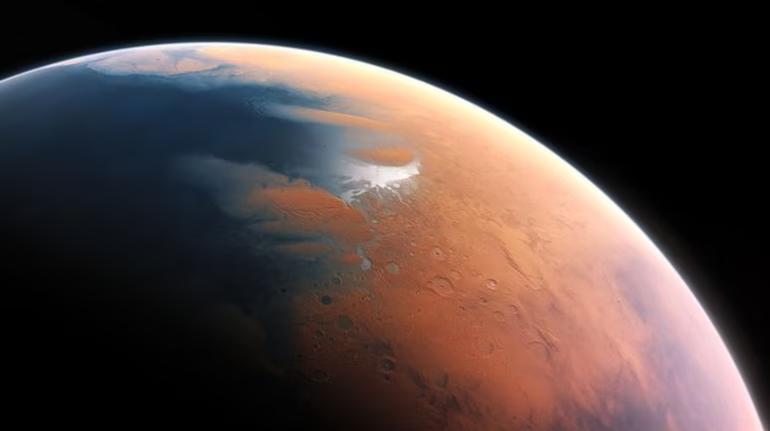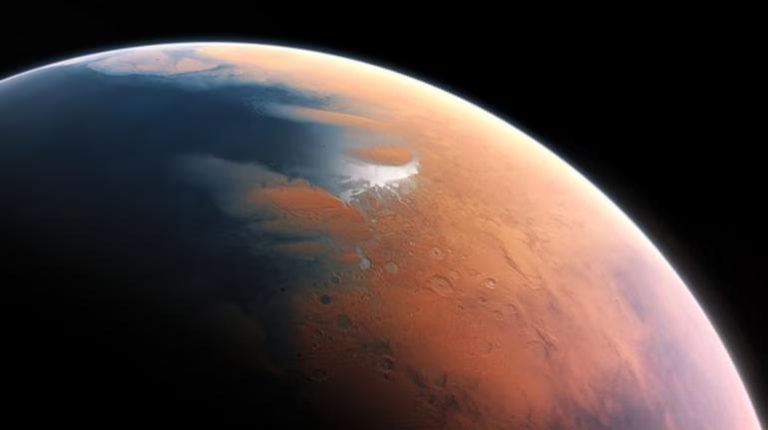
Mars May Have Once Had Rain & Snowfall, Finds New Study
Mars, the red planet, has long been a subject of fascination for scientists and space enthusiasts alike. The possibility of life existing on Mars has been a topic of debate for decades, with many experts believing that the planet’s harsh environment and lack of liquid water make it unlikely. However, a recent study by the University of Colorado Boulder has shed new light on the planet’s history, suggesting that Mars may have once experienced rainfall and snowfall, feeding valleys and channels.
According to the study, published in the journal Nature Astronomy, Mars likely had a watery past, with rivers and lakes flowing across its surface. This is significantly different from the arid, barren landscape we see today. The discovery has significant implications for the search for life on Mars, as it suggests that the planet may have been capable of supporting life in the past.
The study’s findings are based on analysis of Martian rock samples, which were brought back to Earth by NASA’s Curiosity rover. The rover has been exploring Mars since 2012, and has discovered evidence of ancient lakes, rivers, and even an ocean on the planet’s surface. The new study suggests that these waterways were not just isolated events, but were part of a larger pattern of wet and dry cycles on the planet.
The researchers used a combination of geological and geochemical techniques to analyze the rock samples, looking for signs of past water activity. They found evidence of minerals that are formed in the presence of water, such as gypsum and halite, which are common in sedimentary rocks on Earth. They also detected the presence of organic molecules, which are the building blocks of life.
The study’s lead author, Dr. Jesse Hayes, said in a statement, “Our findings suggest that Mars was once a much more hospitable place, with liquid water flowing across its surface. This raises the possibility that life could have existed on Mars in the past, and that it could still exist today.”
The discovery of water on Mars is not new, as studies have suggested that there is evidence of water existing on the surface of the planet around 4 billion years ago. However, the source of this water has not been ascertained yet. The new study provides further evidence that water did indeed exist on Mars, and suggests that it may have been a more widespread phenomenon than previously thought.
The implications of this discovery are significant, as it raises the possibility that life could have existed on Mars in the past. The search for life on Mars is a major area of research, with NASA’s Mars 2020 rover currently exploring the planet’s surface. The rover is equipped with a suite of instruments designed to search for signs of life, including a sample collection system that will allow scientists to study Martian rocks and soil in detail.
The discovery of water on Mars also has implications for future human missions to the planet. Water is essential for human survival, and the ability to extract it from the Martian surface could be crucial for any future human settlement. The study’s findings suggest that Mars may have had a watery past, and that it may still have hidden reserves of water beneath its surface.
In conclusion, the new study provides further evidence that Mars may have once experienced rainfall and snowfall, feeding valleys and channels. The discovery of water on Mars raises the possibility that life could have existed on the planet in the past, and that it could still exist today. As scientists continue to study the Martian surface, they may uncover further evidence of the planet’s watery past, and the possibility of life existing on the red planet.




